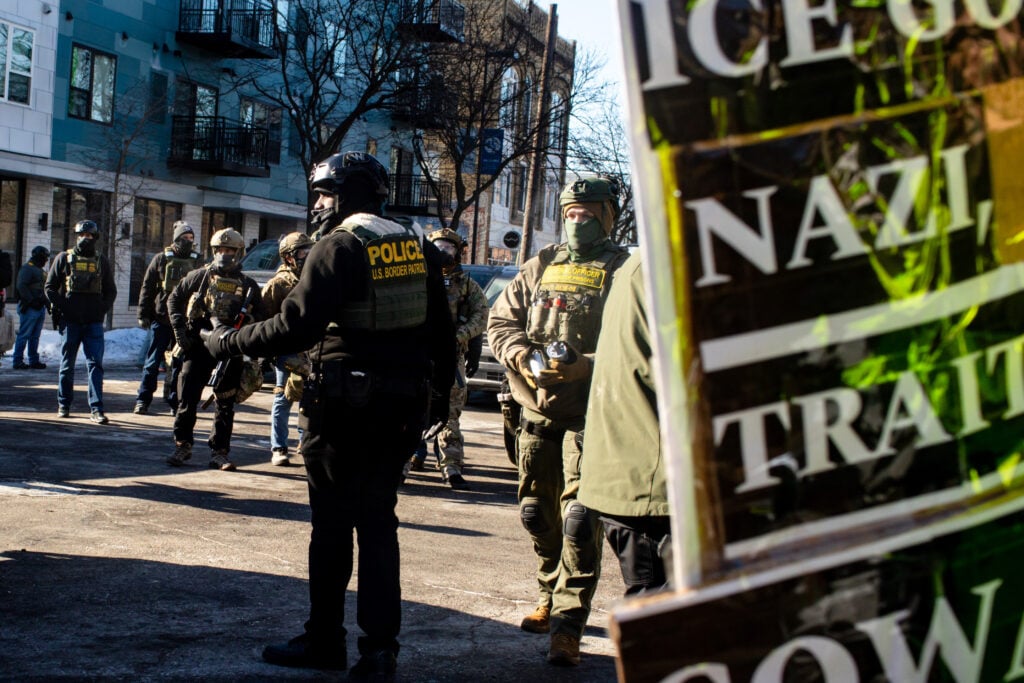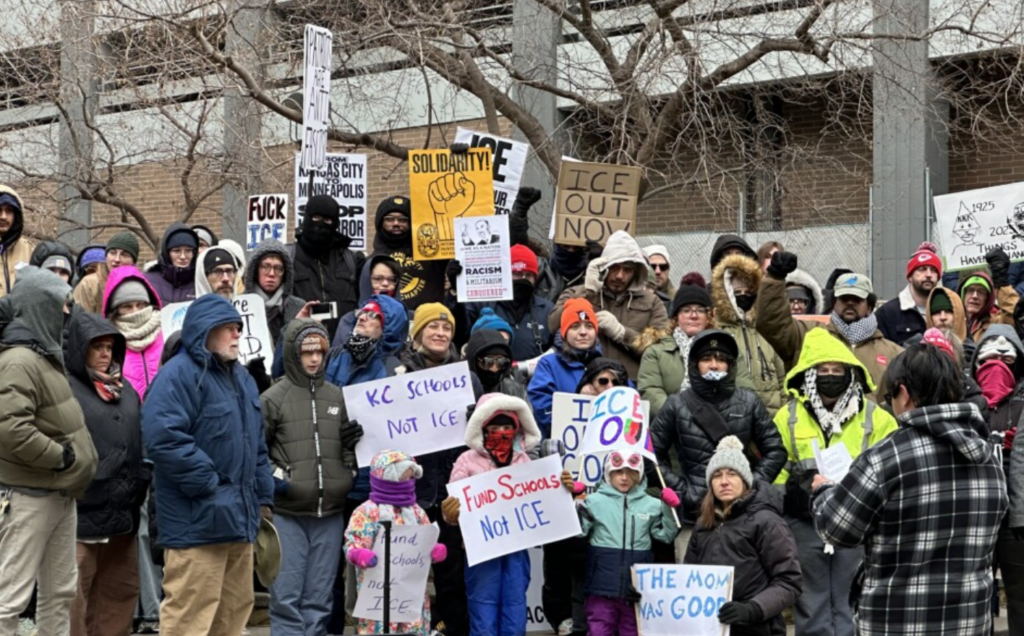Tip Storm
There’s a perception that servers who work in fancy restaurants like the Hyatt Regency’s Skies (see review) get lavish tips. Not true, says John Hastings, who has been employed at Skies since Ronald Reagan was in the White House.
“The other night, I presented a check to a customer, and the dinner bill was $146.30. He gave me $150 and told me to keep the change.”
A $3.70 tip. What should it have been? About $21 for a 15 percent tip (the national average). Hastings was gracious about the insulting gratuity. “Tipping is a gentleman’s agreement between the diner and the server,” he says. “I simply had to write it off that the man simply didn’t know how to tip. I’m at the mercy of a customer’s integrity.
“After all,” Hastings adds cynically, “a waiter is basically a servant.”
As a former servant, er, waiter, I know what it’s like when a vulgarian rewards attentive and friendly service with a lousy tip. I was known to throw a few tip trays at the heads of really unforgivable cheapskates. And now that the Supreme Court has ruled that the Internal Revenue Service can use credit card receipts to estimate the tips of waiters and waitresses as a group and tax restaurants accordingly, those rotten cash tips are going to have ungentlemanly consequences.
The San Francisco restaurant Fior d’Italia fought the IRS all the way to the Supreme Court, arguing that the formula for estimating tips based on credit card receipts didn’t account for stingy cash tipping.
Credit card tipping is statistically higher than cash tipping. “About 1 percent higher,” says Rod Anderson, who oversees the Hereford House empire. “We worked out our own compliance agreement with the IRS six years ago, taxing our servers a certain percentage of sales,” he says. “The new ruling really doesn’t affect the way we do business.”
Restaurateurs must pay Social Security taxes of 7.65 percent on the tips employees collect. But servers haven’t always been meticulous about reporting exactly what they earned every night. The National Restaurant Association has warned that the Supreme Court ruling will have a negative impact on the economy and will turn restaurateurs against their own employees by “turning them into ‘tip police,'” says Peter Kilgore, the association’s lawyer and senior vice president of operations. “Seven out of ten restaurants are small businesses, many of which operate with slim margins. Quite frankly, this decision could mean the difference between a restaurant staying in business or closing its doors.”
Joe Accurso, who owns the tiny — but always crowded — Accurso’s Main Street Deli, thinks the tipping hoopla is a tempest in a teapot. “We ask the servers to honestly report their tips. And I have an accountant take care of the rest,” he says. “Listen, I have enough shit to take care of in the day-to-day business without worrying about the Supreme Court and the IRS.”




